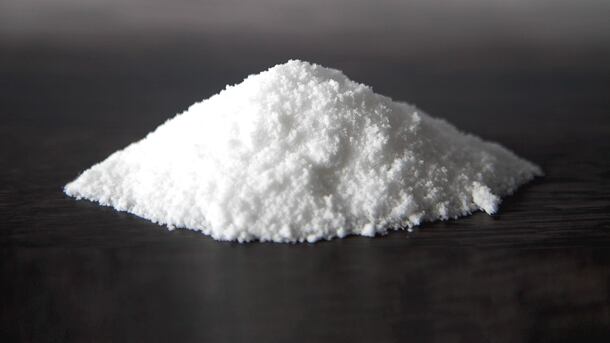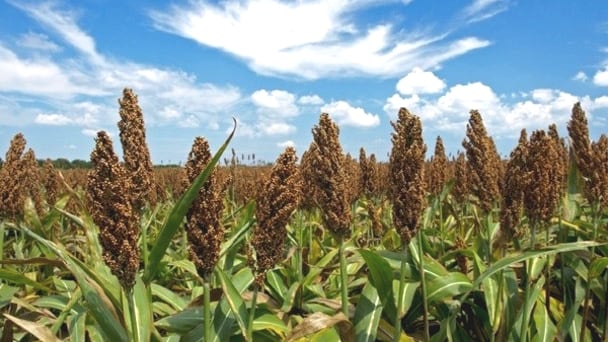In research conducted on mice, a team from the Chinese Academy of Sciences found that unhealthy eating behaviours were recorded in a tiny molecule that could then be transmitted through sperm to the embryo.
This tsRNA molecule, which is caused by a parent who grows obese from a diet of fatty food, could cause offspring to be inclined to consume substantial levels of glucose. It could also lead to other disorders such as an insensitivity to insulin.
The CAS study, published in the journal Science, backs up similar findings by researchers at the University of Massachusetts Medical School. Both studies have revealed worrying implications for parents living in especially unhealthy environments.
However, both research papers contradict the widely accepted hypothesis that human genes are constantly mutating. The Chinese study, led by Duan Enkui, has instead suggested that they are subject to the changing behaviour of an individual.
“Our study shows that trait inheritance can be achieved by RNA alone, which takes us into a totally uncharted area,” Professor Duan said.
He added that his findings supported claims by nineteenth-century French biologist that certain forms of behaviour will bring a competitive advantage that can help a creature better adapt to its environment.
Further research is needed before Duan’s radical findings become widely accepted by the scientific community, said Meng Anming, a molecular biologist at Tsinghua University in Beijing.
Speaking to the South China Morning Post, Meng said the studies had found a different way in which traits might be inherited, but the evidence so far was not strong enough to challenge the dominant role of DNA and Darwin’s theory of natural selection, which dictates that nature alone decides which traits or species are the fittest to survive.
“The effect of the RNA [molecules] may be limited to a certain number of generations,” said Meng. “They are side-kicks in comparison to DNA’s dominant and long-lasting role.”
More stories from China...
China to release food safety database to boost standards enforcement
China will create a database of food safety standards to help toughen their enforcement, according to the vice-premier.

Wang Yang said that authorities must identify the weak areas of the standards system if food safety is to improve, and make sure standards cover all basic food products, Xinhua reported.
The official news agency quoted Wang as saying that the government must make vigorous efforts to make people feel safe and assured in what they eat.
Food safety scandals have plagued China over recent years, with incidents including cases of clenbuterol being injected into pork, recycled cooking oil, pork from sick pigs being sold to consumers and medicines made with toxic gelatin.
In July 2014, Shanghai Husi Food, a supplier to leading fast food brands, was discovered to have used expired meat in its products.
The revised Food Safety Law, which came into effect in October 2015, brought harsher punishment for the adulteration of food.
Health panel backs voluntary traffic-light system for salt and sugar labelling
New nutrition labelling will roll out over the next year in Hong Kong after a government-appointed committee settled on ways it believes will lower the consumption of salt and sugar in the territory.

The voluntary scheme is based on an international consensus that improving nutrition is a long-term and continuous process, said Bernard Chan, who chairs the committee.
“We believe that labelling food with low salt and sugar levels is an easy target we can achieve in the short term,” Chan said. “It will help customers to make a healthier choice, and pressure manufacturers to be more health-conscious.”
Chan said Hong Kong’s priority should be to address the easier nutrition issues before tackling the more difficult ones, with the food industry to voluntarily take the lead.
In the long-term, the group will make suggestions on salt and sugar levels in food products, but Chan admitted that such a move would be more complicated and controversial.
The committee has drawn reference from "traffic-light" labelling, under which the different nutrition levels of specific foods are colour-coded on the front of packaging so consumers can easily see the key nutrient levels.
Taking into account the industry's concerns that the scheme may create undesirable labelling effects, the committee proposed providing simple and accessible salt and sugar information on pre-packaged food products, similar to the traffic-light scheme, on a voluntary basis.
The committee called on food companies to subsequently launch pilot schemes to gradually reduce the salt and sugar in their products.
“I believe there will be enough incentive for the food industry to comply voluntarily if customers are conscious of salt and sugar levels in packaged food,” Chan said.
The target of the panel is to help Hongkongers achieve World Health Organisation standards for salt and sugar consumption levels in 10 years’ time.
Feed grain imports to China set to halve over coming years
China’s sorghum and feed barley imports are predicted to see a significant decline over the coming years, with volumes set to drop by up to a half.

The country currently plays a crucial role in the global feed grains trade, accounting for 80% of sorghum and 35% of feed barley imports, yet according to Rabobank, the substantial risk of declining prices in China, protective trade policies and currency turmoil will combine to feed this shortfall.
To mitigate these challenges, the Dutch agriculture bank has advised local feed mills to attach greater importance to strategic sourcing and control over origination.
It was not until 2013 that China began importing sorghum and feed barley as an alternative to corn for feed usage. The low price of the grains compared with that of domestic corn, the absence of import quotas, a lack of GMO risks and increasing acceptance among feed mills then fuelled their substantial rise in two years, Rabobank’s report said.
“However, following the Chinese government’s more market-orientated pricing mechanism for domestic corn, the recent sharp fall in China’s domestic corn price and its massive overhang in state reserves exerted some downward pressure on imports of sorghum and feed barley in the near future,” said Lief Chiang, a Rabobank analyst.
“Besides the price risk, policy risk including potential non-tariff trade barriers and currency turmoil will create more uncertainties when it comes to China’s future demand for imported sorghum and feed barley.
“We expect that China will take more concrete actions to limit the import of these alternative feed grains, in order to boost domestic consumption and to absorb the massive overhang in state reserves. The aggregate import volume of sorghum and feed barley will shrink by 30 % to 50% in the coming years.”
